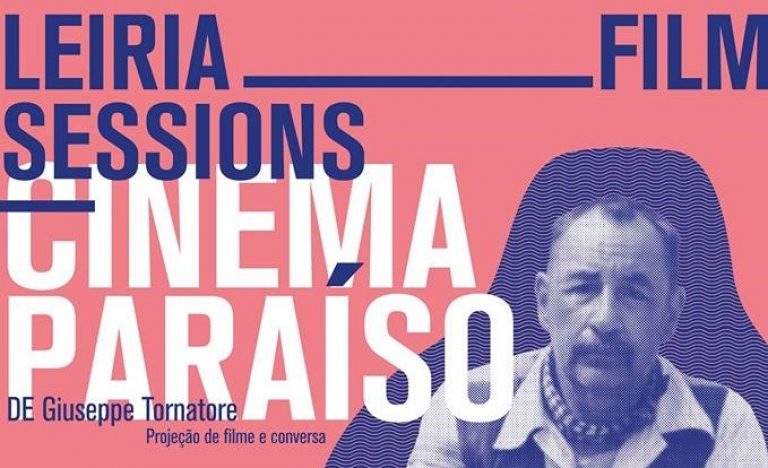

In Sweden and Denmark, this period would later be known as the "Golden Age" of the film in America, this artistic change is attributed to filmmakers like D. By the early 1910s, when the Lost Generationers were becoming of age, filmmaking was beginning to fulfill its artistic potential. Though lacking the reality inherent to the stage, film (unlike the stage) offers the freedom to manipulate apparent time and space, and thus create the illusion of realism – that is temporal linearity and spatial continuity. Theatrical release poster for Ben-Hur: A Tale of the Christ (1925) The maturation of silent films (1913 – late 1920s) Editing technique was extremely limited, and mostly consisted of close-ups of writing on objects for their legibility.

Before the visual style which would become known as "classical continuity", scenes were filmed in full shot and used carefully choreographed staging to portray plot and character relationships.

Visually, early narrative films had adapted little from the stage, and their narratives had adapted very little from vaudeville and melodrama. The Marx Brothers ) or theatrical melodramas. Most of these filmmakers started as directors on the late 19th-century stage, and likewise most film actors had roots in vaudeville (e.g. Since the first narrative films in the mid-late 1890s, filmmakers sought to capture the power of live theatre on the cinema screen.



 0 kommentar(er)
0 kommentar(er)
